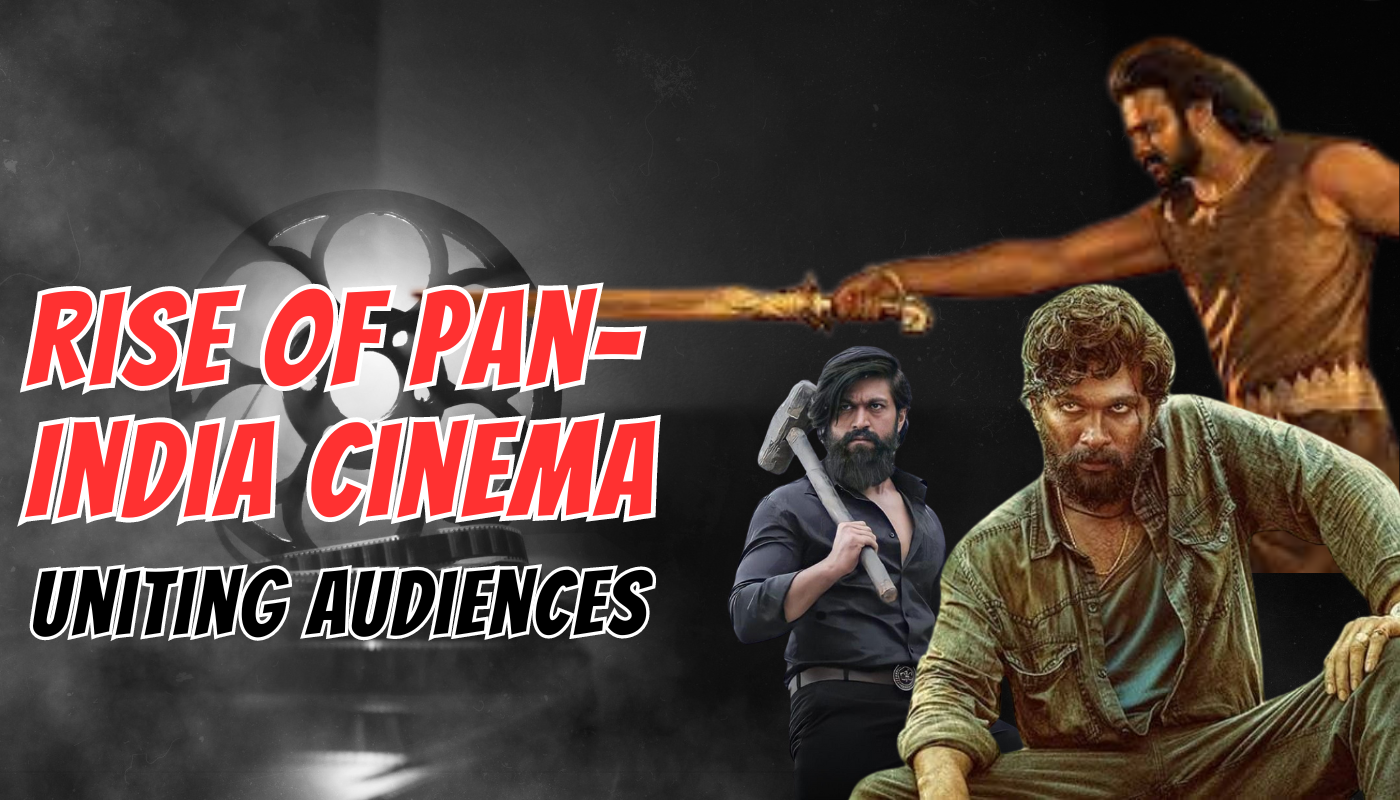Mumbai: Breakthrough, an international Human Rights organization, will bring to India for the fifth year the film festival on Human Rights, ‘Tri Continental film festival’. The festival will run from 23 to 25 January 2009 at the National Center for Performing Arts (NCPA), Mumbai and then travel to Goa, Bangalore and Kolkata over the next three weeks
The Tri Continental Film Festival began in Latin America in 2002, travelled to Africa in 2003 and made its debut in Asia in 2004. It has become the primary platform for human rights cinema for the three continents that form part of the global South. The Festival has endeavored to expand the visual platform for human rights issues from the global South year after year. This year, 28 selected films from more than 20 countries will be screened during the festival in which 11 Asia premieres, eight India premieres and one World premiere will be screened.
"The Tri-Continental Film Festival is the perfect vehicle to introduce global human rights issues to the youth in India," said Breakthrough associate director Alika Khosla. "Not only does it draw audiences and play to sold-out venues across the major cities, but the festival attracts thousands as it travels to campuses and small towns through the year" she added.
Throughout the year, the Festival’s Travelling Screen also tours various cities across India, taking these films to universities, cultural institutions and citizens’ groups, sparking discussions and debates around human rights and social justice. Last year alone the films were screened to an audience of over 30,000 traveling to cities including Guwahati and Kohima, Srinagar and Jammu, Coimbatore, Kodaikanal, Trichur and Cochin to name a few.
There are four categories in the festival this year –
1. Body Public – There are six films from five countries in this section. While four are from India itself, two are co-productions from Spain/ South Africa and Canada/Iran. The films explore the interactions of the human body with the public space and how it comes to embody the social, political and even economic consequences in the form of curbed as well as exploited sexualities, restricted social interactions, silencing of self-expression and physical and psychological violence.
2. Not All in Good Faith – The seven films from nine countries probe and bring to the forefront the indignity and exploitation rendered by neo-liberal development ventures and businesses across the globe where human beings have been reduced to mere pawns.
3. The Line That Defines – Dwelling on the post-modern subject of border crossing this section comprises of four films from five countries. In different ways, the films trace the role of the political border in the making of a refugee, an exile or an illegal immigrant.
4. Zones of War – Any area marked by extreme violence can be broadly termed as a war zone. Eleven films from nine countries explore the zones of war in diverse contexts and historical and contemporary circumstances around the world.
In the present selection of films, filmmakers have negotiated and successfully handled the questions around representation and form in non-fiction, giving dignity and self-respect to all the varied characters. Providing balance and courageously putting the stories in the public domain, the filmmakers explore different film genres, from investigative to the use of fiction. A few filmmakers have also explored the role of art and art forms like performance, photography, dance and popular culture that encourage questions and reflections around social change.
In 2009, the jury comprise five members of Aruna Vasudev (India), Nick Deocampo (Philippines), Madhusree Dutta (India), Amir Muhammad (Malaysia) and Anurag Kashyap (India). They will be deciding the winners of the Jury Award for Best Film as well as the Jury Special Mention Award.



